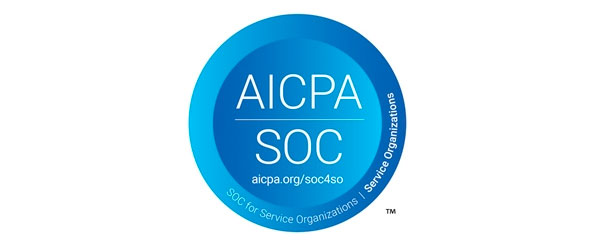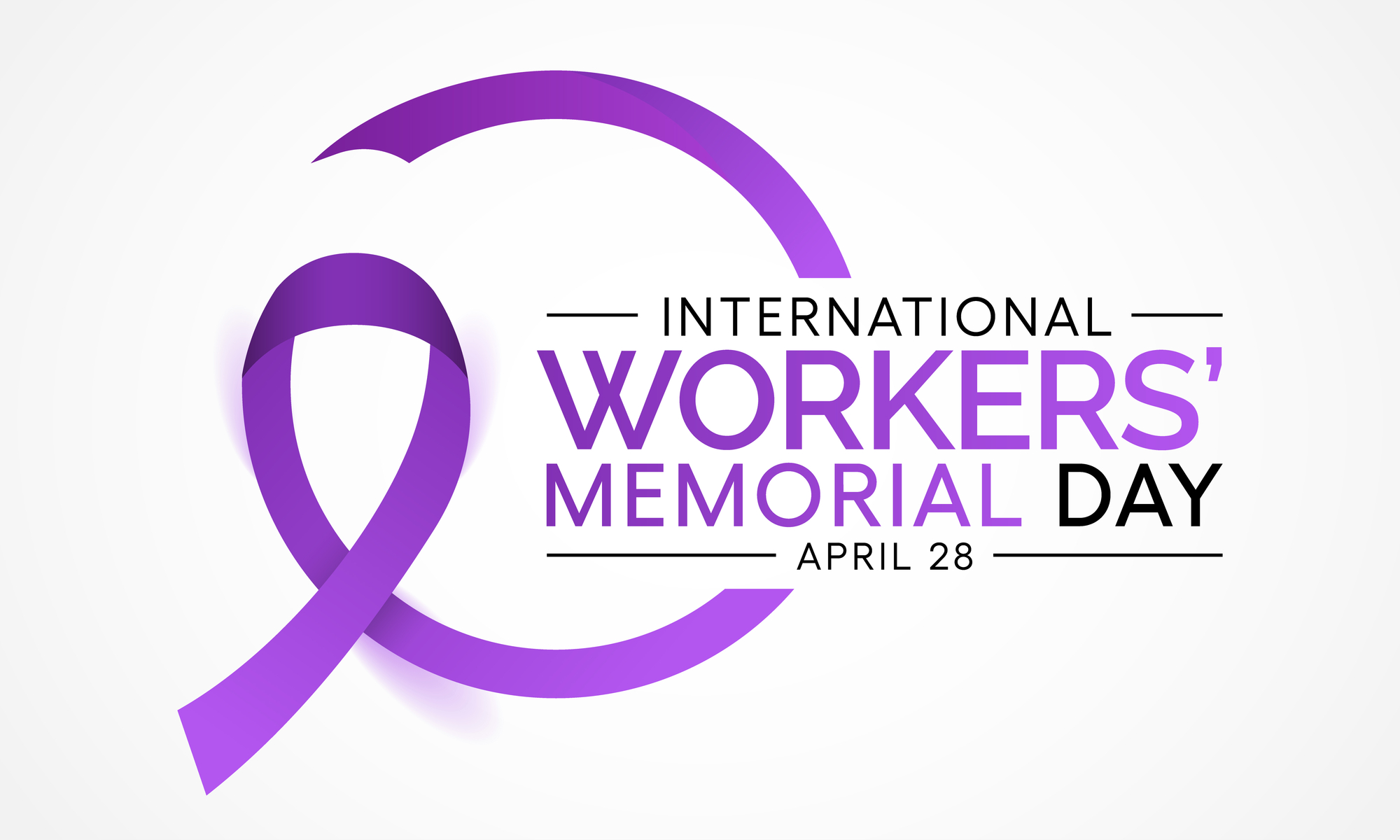The January 2022 addition of Section 4.3 to the CMS WCMSA Reference Guide that discussed the agency’s treatment of non-submit Medicare Set-Asides caused quite a stir throughout the MSA industry and raised many questions for those who use non-submit MSAs in workers’ comp settlements. A February CMS webinar addressed some of those questions and we now have an update (Version 3.6) to the CMS WCMSA Reference Guide that modifies and clarifies this section.
Revisions to Section 4.3
Below is a breakdown of the revisions to Section 4.3 along with comments.
More general language around non-submit MSAs
The original language called out certain MSA products as indemnifying:
“A number of industry products exist with the intent of indemnifying insurance carriers and CMS beneficiaries against future recovery for conditional payments made by CMS for settled injuries.”
The new language is more general:
“A number of industry products exist for the purpose of complying with the Medicare Secondary Payer regulations without participation in the voluntary WCMSA review process set forth in this reference guide.”
Comment: The original language took aim at MSA indemnification agreements where the new language is broader and includes any product that addresses future medicals. It also reiterates that the CMS MSA review process is voluntary. This was likely in response to people who said that CMS’s original policy changed the MSA review process from voluntary to mandatory.
‘May’ instead of ‘Will’ Deny
CMS’s original policy said that it “will” deny payment of medical services up to the total settlement amount whereas the revised policy indicates CMS “may at its sole discretion” deny payment.
Comment: It appears that CMS is giving itself wiggle room depending on the circumstances of an individual case. Also, as is further explained below, CMS has given itself the option to accept less than the entire settlement amount as sufficient to protect its interests.
Total Settlement Definition
The original Section 4.3 defined total settlement as “total settlement less procurement costs.” This was now revised to define total settlement “as defined in Section 10.5.3 of this reference guide, less procurement costs and paid conditional payments.”
Comment: Section 10.5.3 is CMS’s longtime definition of “total settlement.” It makes sense that the definition of total settlement in the non-submit context should align. CMS also acknowledges that besides procurement costs, payment of conditional payments from the settlement amount should also be deducted from the amount of the settlement available to pay for future medical.
Post-MSA exhaustion review
When released in January, Section 4.3 provided no option for CMS to acknowledge the non-submit MSA as sufficient. The updated policy now says, “CMS will ignore the non-submit MSA and use the total settlement amount (minus procurement costs and paid conditional payments) as the amount available to pay future medicals “unless it is shown, at the time of exhaustion of the MSA funds, that both the initial funding of the MSA was sufficient, and utilization of MSA funds was appropriate.”
Comment: It will be the Medicare beneficiary’s responsibility, or someone working on their behalf, to demonstrate that the MSA was sufficient at the time of settlement and that the MSA funds were spent appropriately. We can assume that CMS will use the standards found in the WCMSA Reference Guide and its MSA Self-Administration Guide to make its determination. If CMS finds either that the MSA was insufficiently funded or inappropriately utilized, does the Medicare beneficiary have a right to an appeal? Medicare beneficiaries have a right to appeal a denial of payment for medical care. Presumably, that right extends to the context of a non-submit MSA, but it remains unclear how this would play out in practice, and CMS did not address it here.
Policy start date: Per CMS, Section 4.3, “shall apply to all notifications of settlement that include the use of a non-CMS-approved product received on, or after, January 11, 2022; however, flags in the Common Working File for notifications received prior to that date will be set to ensure Medicare
does not make payment during the spend-down period.”
Comment: Before the January date, there was no obligation to notify CMS of a settlement that includes the use of a non-CMS-approved MSA product (Yes, there is a Section 111 reporting responsibility, but that does not include notification of a non-submit MSA). Is there an obligation now? Nothing in Section 4.3 affirmatively states such an obligation exists and there is no statutory basis that provides for such notification.
Under threshold MSAs: CMS says “CMS does not intend for this policy to affect any settlement that would not otherwise meet review thresholds. This comment does not relieve the settling parties of an obligation to consider Medicare’s interests as part of the settlement; however, CMS does not expect notification or submission where thresholds are not met.”
Comment: Again, by saying it does not expect notification where thresholds are not met, CMS implies that they do expect notification when a non-submit MSA is used and thresholds are met. Why would CMS expect no notification on an under-threshold MSA? I suspect there are two reasons:
- If a claimant is a Medicare beneficiary with a settlement of $25,000 or less, CMS expects that the MSA is a low-dollar amount and not worth the time it takes to coordinate its benefits.
- If a claimant is not a Medicare beneficiary but has a reasonable expectation of Medicare eligibility within 30 months and the settlement is $250,000 or less, CMS cannot track the claimant as they are not yet a Medicare beneficiary.
Summary comments on Section 4.3 revisions
CMS should be credited for quickly addressing several of the questions and concerns that arose from the original Section 4.3 language. The revised section backs off the seeming implication that the mere use of a non-submit MSA represents a potential cost shift to Medicare. With that said, CMS reiterated that if the non-submit MSA exhausts, then it must be demonstrated that the MSA was sufficiently allocated at the time of settlement and the funds properly expended. As we do not know how this policy will play out in practice, the non-submit MSA route continues to present a notable risk to the claimant Medicare beneficiary.
Other CMS Updates to WCMSA Reference Guide
Beyond Section 4.3, CMS also made updates to other sections of the guide:
Section 9.4.1.1 Most Frequent Reasons for Development Requests
CMS added language to this section around documentation required for disputed cases, in other words, $0 MSAs for denied claims. CMS stated that medical records are required even when the parties are in dispute. Further, draft or final settlement agreements and court rulings are required documentation if they exist.
Comment: CMS has required the above for quite some time. This is just putting the requirements into the reference guide.
Section 16.1 Re-Review
CMS added the following to its re-review criteria:
“Should no change be made upon response to a re-review request (i.e., no error was identified), additional requests to re-review the same error will not be entertained. “
Comment: Tower has on occasion gone back and forth with CMS on arguments to remove a certain treatment or medication from the MSA. This new statement implies that once CMS makes its decision regarding a particular item it will not entertain other arguments.
If you have any questions, please contact Dan Anders, Chief Compliance Officer, at 888.331.4941 or daniel.anders@towermsa.com.










